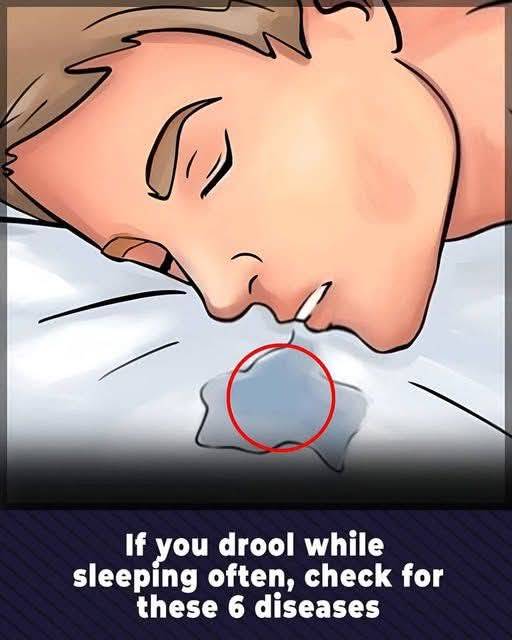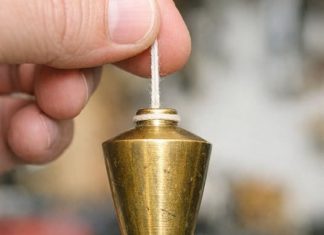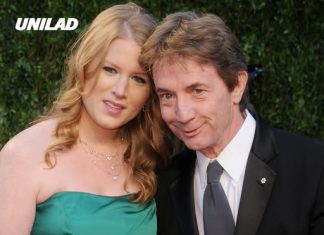Drooling during sleep, medically known as sialorrhea, is a common occurrence that many people experience at some point in their lives. While it is often harmless, persistent or excessive drooling can sometimes indicate underlying health issues. Understanding the causes and potential implications of nocturnal drooling can help individuals address any concerns and improve their sleep quality.
1. Sleep Position
Your sleeping posture significantly influences the likelihood of drooling. Sleeping on your side or stomach allows gravity to pull saliva out of your mouth, especially if your mouth is open during sleep. Conversely, sleeping on your back can help reduce drooling, as it encourages saliva to flow down the throat rather than out of the mouth.
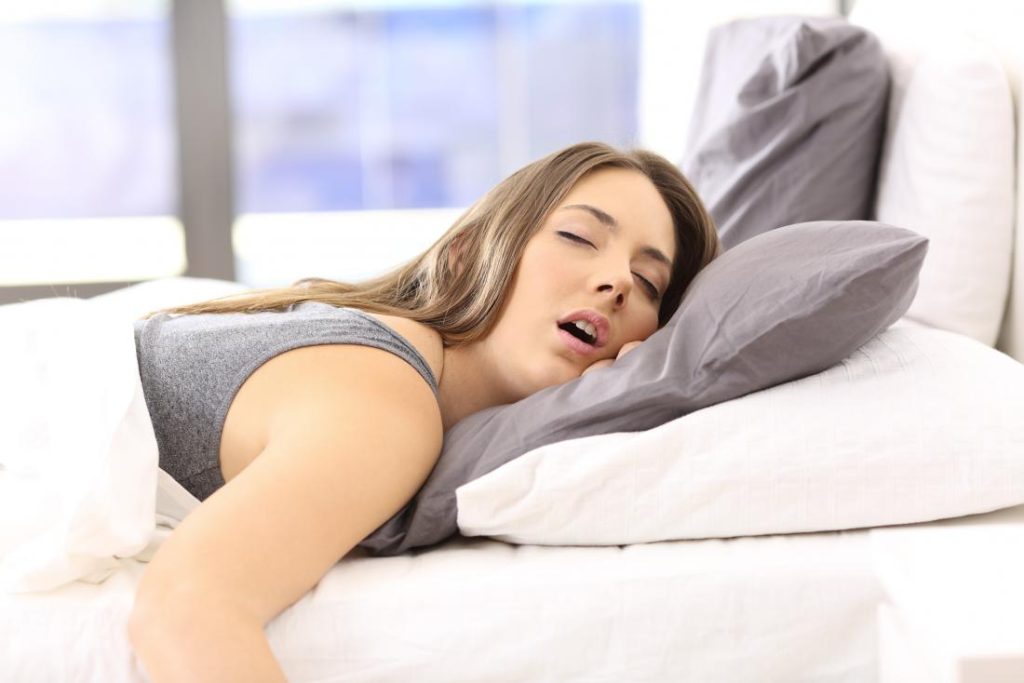
2. Nasal Congestion and Allergies
Nasal blockages from colds, sinus infections, or allergies can force you to breathe through your mouth while sleeping. Mouth breathing increases the chance of drooling, as the mouth remains open, allowing saliva to escape. Treating the underlying cause of nasal congestion can help alleviate this issue.
3. Gastroesophageal Reflux Disease (GERD)
GERD is a digestive disorder where stomach acid flows back into the esophagus, causing irritation. This condition can stimulate excess saliva production as the body attempts to neutralize the acid, leading to increased drooling during sleep. Managing GERD through dietary changes and medications can reduce this symptom.
4. Obstructive Sleep Apnea (OSA)
OSA is a sleep disorder characterized by repeated interruptions in breathing during sleep. These interruptions can lead to mouth breathing and, consequently, drooling. Additionally, treatments for OSA, such as continuous positive airway pressure (CPAP) machines or oral appliances, can sometimes cause or exacerbate drooling.
5. Medications
Certain medications can increase saliva production or affect muscle control, leading to drooling. Drugs used to treat conditions like Alzheimer’s disease, psychiatric disorders, or those with sedative effects can contribute to this issue. If you suspect your medication is causing excessive drooling, consult your healthcare provider for alternatives.
6. Neurological Conditions
Neurological disorders such as Parkinson’s disease, cerebral palsy, or stroke can impair muscle control, including those involved in swallowing. This impairment can lead to saliva accumulation and drooling, both during the day and at night. Managing the underlying neurological condition often helps reduce drooling.
7. Dental Issues
Oral health problems like cavities, infections, or misaligned teeth can interfere with proper mouth closure and swallowing, leading to drooling. Regular dental check-ups and maintaining good oral hygiene can help prevent and address these issues.
8. Pregnancy
Hormonal changes during pregnancy can lead to increased saliva production, a condition known as ptyalism gravidarum. This excess saliva can result in drooling, particularly during sleep. While this condition often resolves after pregnancy, managing symptoms can provide relief.
9. Alcohol and Sedatives
Consumption of alcohol or sedative medications can relax the muscles involved in swallowing, leading to an open mouth during sleep and increased drooling. Limiting the intake of such substances, especially before bedtime, can help mitigate this effect.
10. Infections
Infections affecting the throat, tonsils, or sinuses can cause inflammation and increased saliva production, leading to drooling. Treating the underlying infection through appropriate medical interventions can alleviate this symptom.
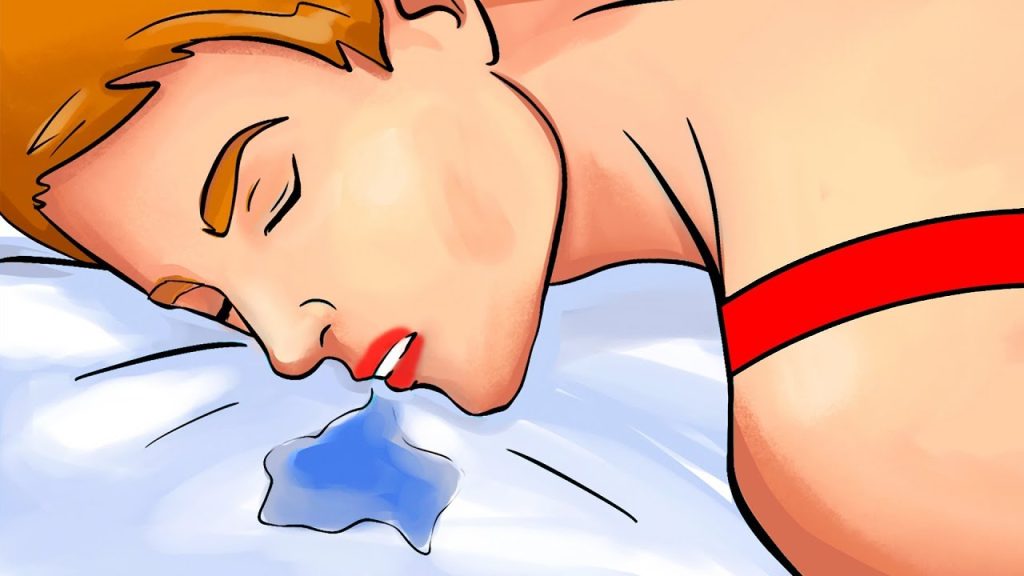
While occasional drooling during sleep is typically harmless, persistent or excessive drooling may warrant medical attention. If you experience drooling accompanied by other symptoms such as difficulty swallowing, speech issues, or signs of sleep apnea, consult a healthcare provider to determine the underlying cause and appropriate treatment.
- Adjust Sleep Position: Sleeping on your back can help reduce drooling by preventing saliva from escaping the mouth.
- Address Nasal Congestion: Using decongestants or allergy medications can alleviate nasal blockages, promoting nasal breathing over mouth breathing.
- Manage GERD: Implementing dietary changes and medications can control acid reflux, reducing saliva overproduction.
- Review Medications: If you suspect your medication contributes to drooling, discuss alternatives with your doctor.
- Practice Good Oral Hygiene: Regular dental care can prevent oral issues that may lead to drooling.
- Limit Alcohol and Sedatives: Reducing intake of these substances can prevent muscle relaxation that leads to drooling.
By understanding the various factors contributing to sleep-related drooling and implementing appropriate strategies, individuals can improve their sleep quality and overall well-being.

